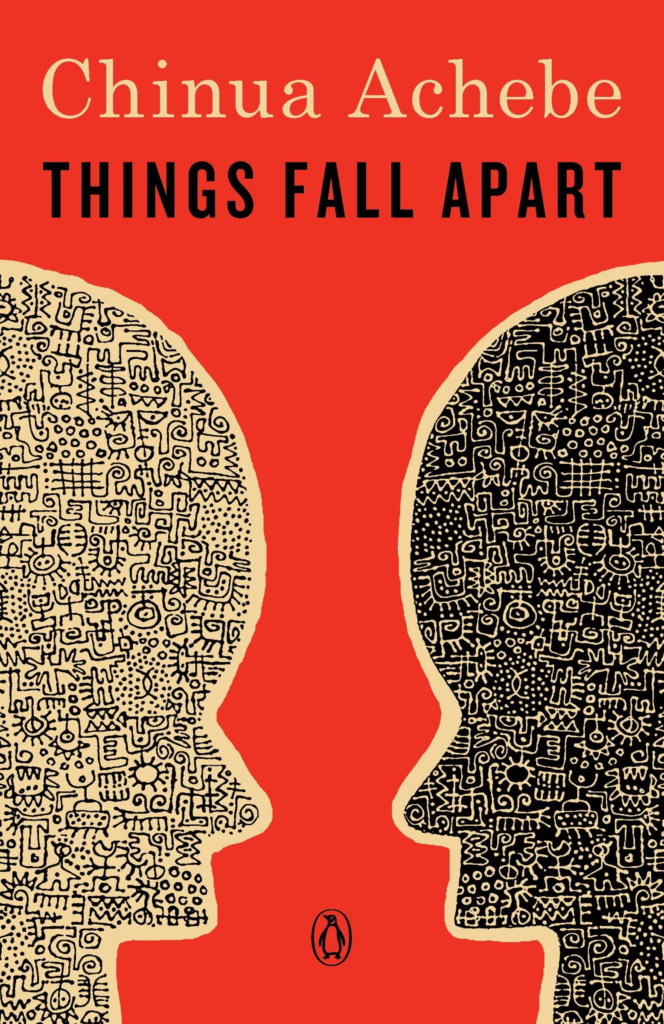A Clash of Cultures: The Igbo and the Colonizers

Chinua Achebe’s Things Fall Apart is a poignant exploration of the clash between traditional African culture and the encroaching forces of Western colonialism. Through the lens of Okonkwo, a respected warrior of the Igbo tribe, Achebe delves into the complexities of identity, tradition, and the destructive impact of imperialism.
Okonkwo: A Man Bound by Tradition
Okonkwo, a man driven by a relentless fear of failure and a desire to live up to his father’s legacy, embodies the spirit of his people. He is a symbol of strength, honor, and the intricate social fabric of the Igbo community. However, his rigid adherence to tradition and his inability to adapt to changing circumstances ultimately lead to his downfall. Achebe masterfully portrays the cyclical nature of Igbo life, marked by harvests, festivals, and ancestral rituals. This cyclical rhythm is disrupted by the arrival of European missionaries and colonial administrators.
The Erosion of Igbo Culture
The intrusion of Western values and beliefs challenges the very foundation of Igbo society. The missionaries, with their promise of salvation and their condemnation of traditional practices, sow seeds of doubt and division within the community. Okonkwo, unable to reconcile his traditional beliefs with the new world order, becomes a tragic figure, a victim of both his own rigid nature and the relentless march of colonialism.
A Legacy of Colonialism
Achebe’s novel is a powerful indictment of colonialism and its devastating consequences. By humanizing the Igbo people and portraying them as complex individuals with rich cultural traditions, he challenges the dehumanizing stereotypes perpetuated by colonial discourse. The novel’s title, “Things Fall Apart,” encapsulates the disintegration of a once-thriving society under the weight of foreign domination.
A Timeless Tale
Things Fall Apart is a timeless masterpiece that continues to resonate with readers around the world. It serves as a reminder of the importance of cultural preservation, the dangers of intolerance, and the enduring power of the human spirit. Achebe’s masterful storytelling and his ability to evoke empathy for his characters have secured his place as one of the most influential African writers of the 20th century.




















